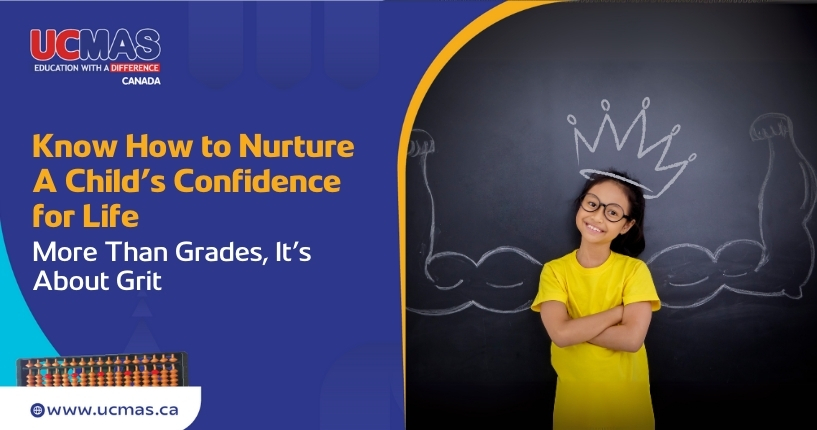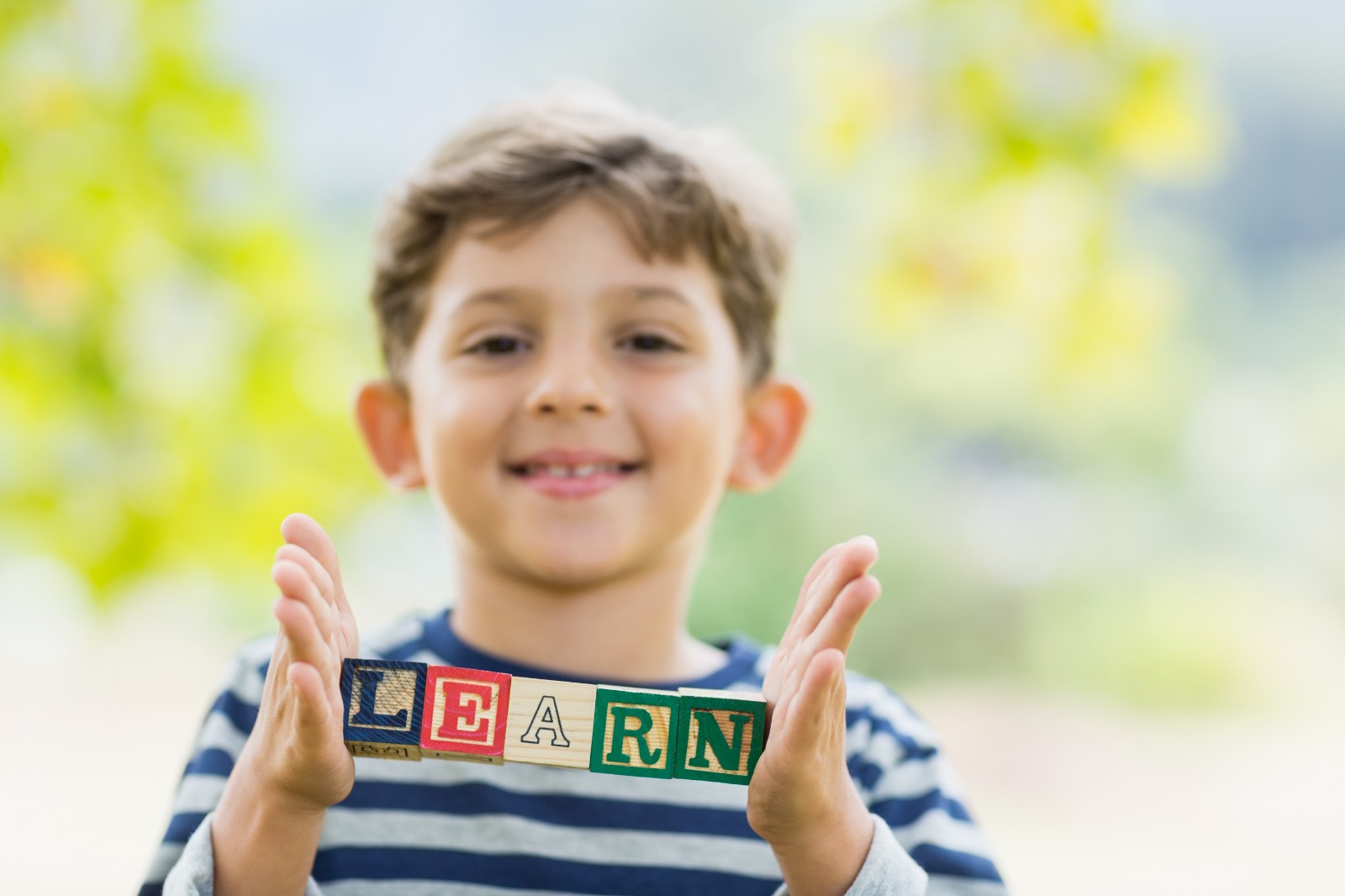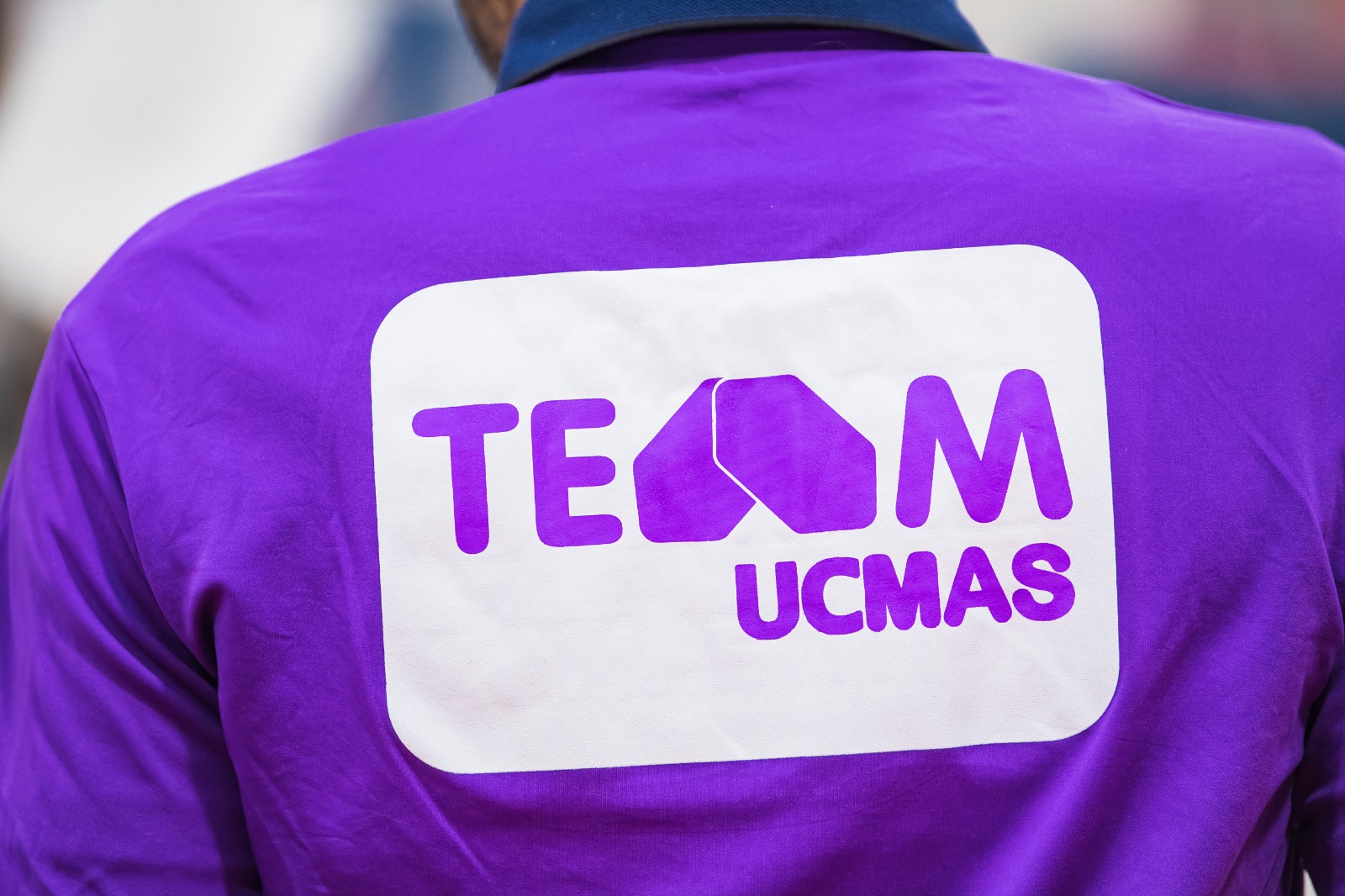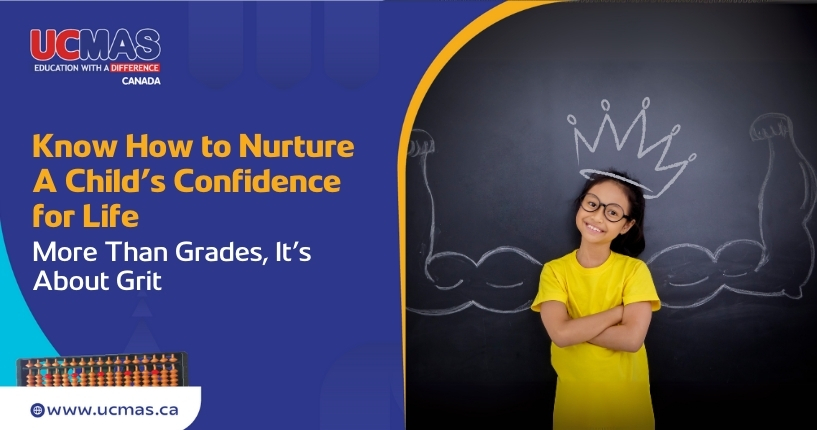
Starting school is a big step for any child. For those around the age of 5 and above in Canada, it’s the beginning of a journey filled with new challenges, milestones, and, inevitably, setbacks. How children handle failure during these critical early years can shape their emotional resilience and future success. According to a report by the Canadian Paediatric Society, fostering resilience in young children significantly reduces the risk of developing mental health issues later in life.
In this blog, we will dive deeper to understand why confidence is crucial, how setbacks play a positive role in growth, and how the right afterschool program can set the foundation for lifelong success.
Why Early Setbacks Shape a Child’s Future
The School Years: A New World for 5–7-Year-Olds
Starting school is like stepping into a new universe. Children must learn new routines, make friends, and meet academic expectations. It’s an exhilarating yet intimidating experience. Their sense of self is fragile, and every success or stumble leaves a deep impression.
Common Setbacks Children Face in Early Schooling
From missing a spelling word to losing a playground race, early failures are inevitable. These moments, while small to adults, can feel monumental to a child. Research shows that children who experience manageable failures in a supportive environment develop stronger coping mechanisms and higher emotional intelligence.
The Emotional Impact of Early Failures
Early failures can either strengthen or shatter confidence. Without guidance, a child may internalize mistakes as “I’m not good enough.” However, when parents and educators reframe these experiences as growth opportunities, children develop grit, perseverance, and self-belief—skills that are far more critical than any single academic score.

The Link Between Confidence and Resilience
How Confidence Acts as a Safety Net Against Setbacks
Confidence isn’t just “feeling good”; it’s the inner conviction that “I can handle this.” Confident children are less likely to see setbacks as personal failures. Instead, they view them as temporary and solvable. This mindset is what fuels resilience.
Self-Esteem vs. Confidence: What Parents Need to Know
Self-esteem refers to a child’s overall sense of self-worth, whereas confidence is domain-specific, encompassing areas such as math confidence, social confidence, and athletic confidence. Building confidence through small achievements helps construct a stable sense of self-worth that supports children across multiple areas of life.
Teaching Kids to See Failure Differently
Normalizing Mistakes and Imperfect Outcomes
Children need to know that perfection is not the goal. Mistakes are signs of effort and courage, not shortcomings. This shift in mindset encourages experimentation, creativity, and a love of learning.

The Power of Positive Reinforcement and Encouragement
“You worked hard” matters more than “You’re so smart.” Effort-based praise reinforces the belief that improvement is always possible, no matter the starting point.
Building a Growth Mindset from an Early Age
Building a growth mindset early on is essential for resilience. Parents and educators can help by focusing on strategies that reward persistence and curiosity over immediate results—this is indeed one of the best ways to nurture growth mindset in children. Children with a growth mindset are 58% more likely to persevere through challenging tasks.
How the UCMAS Program Helps Build Confidence
At UCMAS, we believe success is not just about academic scores; it’s about shaping confident, resilient thinkers who can thrive in any environment.

Small Wins That Add Up: Celebrating Progress in UCMAS
Success at UCMAS isn’t reserved for end-of-year trophies. Every correctly solved mental math problem, every improved abacus calculation, is celebrated as a “win.” These micro-successes build cumulative confidence, giving children daily proof of their own capabilities.
Mental Math and Abacus Training: Boosting Self-Belief
The skill-based brain development activities integrated into the UCMAS curriculum develop memory, visualization, and problem-solving skills—traits strongly correlated with academic and personal resilience.
Developing Focus, Patience, and Problem-Solving Skills
Mastering the abacus requires intense concentration and a great deal of patience. These aren’t just “math skills”; they are life skills that permeate every aspect of a child’s development, from sports to social interactions.
Life Beyond Math: How UCMAS Skills Build a Confident Mindset
Our inspiring student stories are filled with examples of kids who, after developing cognitive and emotional skills at UCMAS, went on to excel in arts, sciences, and leadership roles. They became adaptable, optimistic, and proactive—qualities that every parent dreams of nurturing.
Many parents begin by looking for a “math tutor near me,” but what children truly benefit from is more than math tutors. They need mentors who nurture their overall cognitive and emotional growth—an approach that UCMAS champions.
Tips for Parents: Helping Kids Bounce Back at Home
Language Matters: How to Talk About Failures
Focus conversations on effort and strategies, not just outcomes. Ask “What did you learn?” instead of “Did you win?” This small shift reframes failure as a valuable experience.
Setting Achievable Challenges at Home
Introduce tasks that are slightly beyond the child’s current ability. Success after struggle fosters genuine confidence.
Role-Modelling Confidence and Calmness
Your reactions to your own mistakes teach children how to handle theirs. If you treat errors with humor and perseverance, your child will too.
Practical strategies to build daily resilience, like reinforcing small achievements and embracing mistakes, are key to long-term confidence. For more everyday ideas that can easily be incorporated at home, explore these tips for strengthening confidence in math, many of which nurture broader life skills, too.
Choosing the Right Afterschool Program
Not all afterschool programs are created equal. Many institutions offer academic support, but very few prioritize emotional intelligence and resilience. UCMAS is different. Through a comprehensive mental math program, we help students sharpen cognitive abilities and emotional strength simultaneously.

UCMAS’s math tutoring approach is designed to nurture not just better grades, but better minds; minds capable of bouncing back, adapting, and leading.
Choose UCMAS: The Long-Term Payoff of Confidence and Resilience
Confidence is the gift that keeps on giving. Resilient children are better learners, stronger leaders, and happier individuals. They aren’t afraid to stumble because they know how to rise.
In Canada, where innovation, inclusivity, and lifelong learning are national values, raising confident kids is essential for building a bright future. Programs like UCMAS offer a unique, proven pathway to cultivating not just strong students but strong individuals—the kind who view setbacks not as a sign to stop, but as a signal to keep growing.
Because ultimately, success in life isn’t about how many times a child wins. It’s about how many times they stand up, dust themselves off, and say, “I’ll try again.”
If you’re ready to help your child build this kind of resilience and confidence, now is the perfect time to start. Enroll them in the UCMAS program today and give them the tools to thrive in every area of life.






